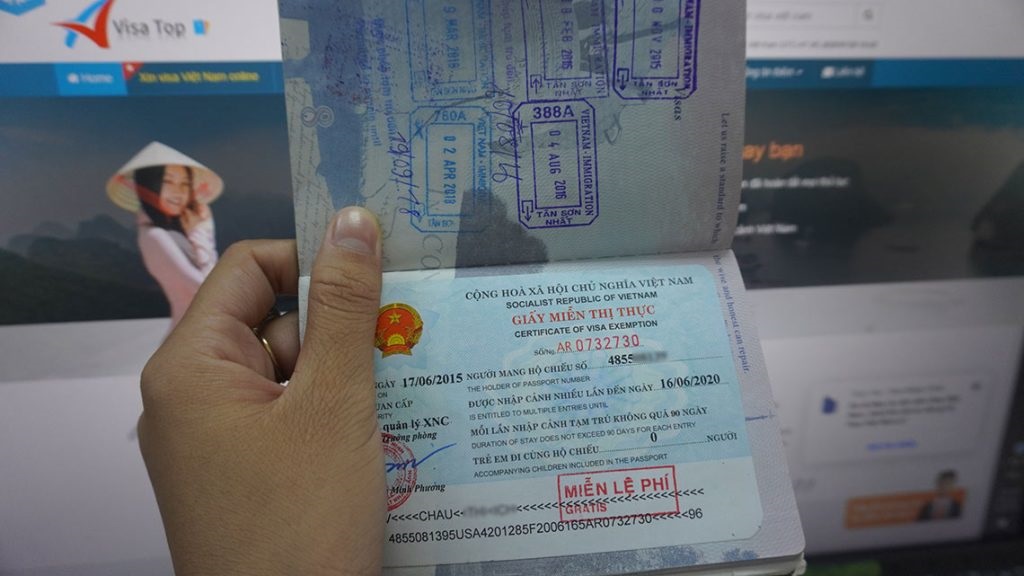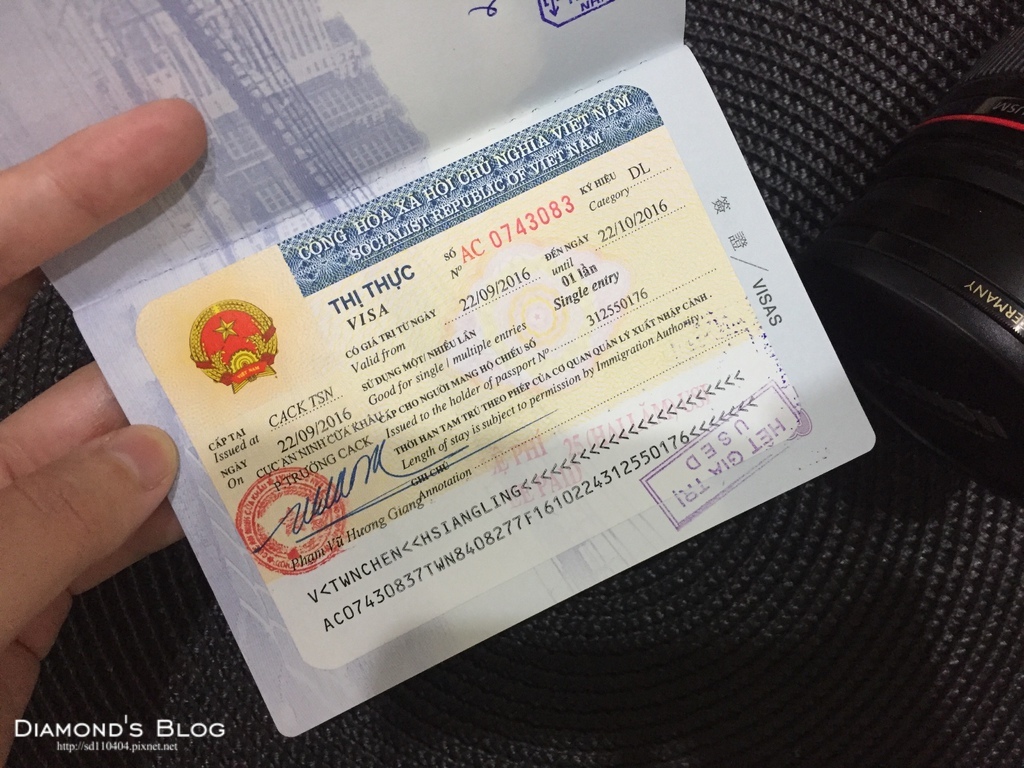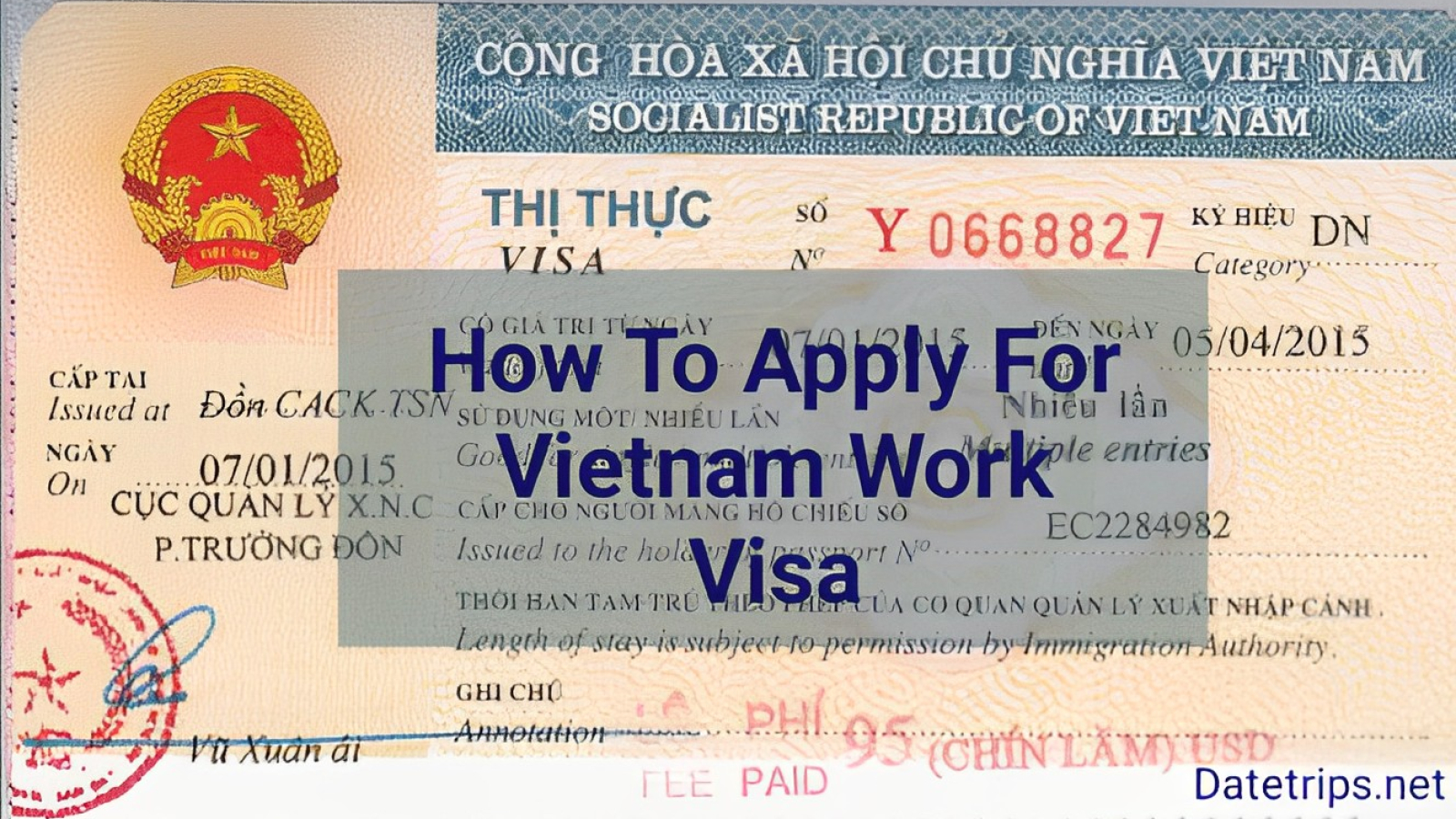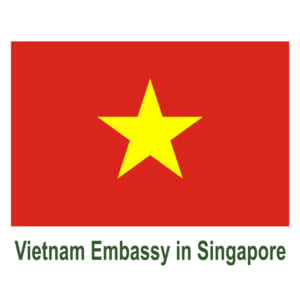
 Visa to Vietnam – Requirements, Types, Application, Fees & More (2025)
Visa to Vietnam – Requirements, Types, Application, Fees & More (2025)
Vietnam, a captivating Southeast Asian nation, beckons travelers with its rich culture, stunning landscapes, and vibrant cities. Whether you’re seeking a leisurely beach retreat, an adventurous exploration of the countryside, or a cultural immersion in bustling urban centers, Vietnam offers an unforgettable experience. However, before embarking on your Vietnamese adventure, understanding the visa requirements is essential. This comprehensive guide delves into the intricacies of visa to Vietnam, ensuring a smooth and hassle-free journey.
 General Visa Requirements for Vietnam
General Visa Requirements for Vietnam
For e-Visa or Visa on Arrival, you’ll typically need:
Valid passport with at least 6 months remaining
At least 1 or 2 blank pages in the passport
Passport-sized photo (4×6 cm, white background)
Digital scan/photo of passport data page
Purpose of visit (tourism, business, etc.)
Entry port (airport, land border, or seaport)
Payment method (credit card, PayPal, etc.)
 Additional Entry Requirements
Additional Entry Requirements
Printed visa (e-Visa or VOA approval letter)
Cash for stamping fee (for VOA only – $25 or $50 USD)
Return or onward ticket (recommended)
Temporary residence registration (if staying long-term)

 Types of Visas for Vietnam
Types of Visas for Vietnam
Vietnam offers several visa types depending on the purpose of travel, length of stay, and entry frequency. Whether you’re visiting for tourism, business, education, or long-term residency, here’s everything you need to know.
 Classification of Vietnam Visas (by Code)
Classification of Vietnam Visas (by Code)
Vietnam visas are categorized using letter codes as per the Immigration Department’s regulations. Here are the most common ones:
1. Tourist Visa (DL)
For leisure travel and sightseeing
Validity: 30 to 90 days
Single or multiple entries
Extension: Possible (case-by-case)
Best for: Tourists, families, solo travelers, couples
2. Business Visa (DN1, DN2)
For short-term business trips, meetings, or attending trade events
Validity: 1 month to 1 year
Single or multiple entries
May require company sponsorship for long-term stays
Best for: Entrepreneurs, business professionals, corporate visits
3. E-Visa (Online Visa)
Available to citizens of 80+ countries
Validity: Up to 90 days
Single or multiple entries
100% online application
Accepted at airports, land borders, and seaports
Best for: Tourists, business visitors, and quick-entry travelers

4. Visa on Arrival (VOA)
Requires pre-approval letter before flying
Validity: 1 month to 3 months
Single or multiple entry
Available only at airports in Vietnam
Best for: Last-minute travelers or those who need urgent visa processing
5. Student Visa (DH)
For individuals accepted into a Vietnamese educational institution
Validity: Based on academic program
Requires documentation from the school/university
Best for: International students or exchange program participants
6. Working Visa (LD1, LD2)
For foreigners working legally in Vietnam
Validity: Up to 2 years
Requires valid work permit from an employer in Vietnam
Best for: Employees, skilled professionals, expats
7. Investor Visa (DT1, DT2, DT3, DT4)
For investors or shareholders in Vietnamese companies
Validity: 1 to 10 years, based on investment capital
Requires proof of investment or business license
Best for: Business owners, investors, entrepreneurs
8. Spouse or Family Visit Visa (TT, VR)
For family members of Vietnamese citizens or foreign residents
Validity: Up to 12 months
Requires marriage or birth certificate and sponsor information
Best for: Spouses, children, or parents visiting family in Vietnam
9. Transit Visa
For short layovers in Vietnam
Typically 5 days or less
Not commonly used — most travelers do not need one if not exiting the airport
Best for: Long layovers, cruise stopovers, border transits
 Applying for a Visa to Vietnam
Applying for a Visa to Vietnam
If you’re planning a trip to Vietnam in 2025, one of the first things to arrange is your Vietnam visa. Whether you’re traveling for tourism, business, or to visit friends and family, this guide will walk you through the entire process — fast, safe, and stress-free.
 Do You Need a Visa to Enter Vietnam?
Do You Need a Visa to Enter Vietnam?
Yes, most foreign nationals must apply for a visa to enter Vietnam.
Only a limited number of countries are visa-exempt (e.g., Japan, South Korea, Germany, France, Thailand, etc.), usually for short stays.
If your country is not on the exemption list, you’ll need one of the following:
Vietnam e-Visa (recommended)
Visa on Arrival (VOA) – for air travelers
Visa via Vietnamese embassy – for long-term or specific purposes
 What Do You Need to Apply for a Vietnam Visa?
What Do You Need to Apply for a Vietnam Visa?
Here’s what you’ll typically need for e-Visa or Visa on Arrival:
A valid passport (6+ months remaining, 1–2 blank pages)
A passport-style photo (4×6 cm, white background)
A digital scan/photo of your passport’s bio page
A valid email address
A payment method (credit/debit card or PayPal)
Your entry airport or border (for e-Visa/VOA)
 How to Apply for a Vietnam Visa
How to Apply for a Vietnam Visa
Option 1: Apply Online for a Vietnam e-Visa (Best Option)
Go to VisaOnlineVietnam.com
Fill in the online form (name, nationality, travel dates, port of entry)
Upload your passport scan and photo
Pay securely online
Receive your e-Visa PDF by email (in 3–5 business days)
Print it and present it on arrival in Vietnam
e-Visa is valid for up to 90 days, single or multiple entry, and accepted at airports, land borders, and seaports.
Option 2: Apply for Visa on Arrival (VOA) – Air Travel Only
Request a Visa Approval Letter through VisaOnlineVietnam.com
Receive the letter via email within 1–3 days
Print the letter, prepare 2 passport photos
Fill out the Entry/Exit Form (NA1)
Upon arrival in Vietnam, present your documents at the Visa on Arrival counter
Pay the stamping fee ($25–$50 USD in cash) and receive your visa stamp
VOA is only valid at international airports (Hanoi, Ho Chi Minh, Da Nang, etc.)
Option 3: Apply at a Vietnamese Embassy/Consulate (If available)
This option is for:
Work visas
Student visas
Long-term stays
Countries not eligible for e-Visa or VOA
You’ll need to prepare additional documents and apply in person or by mail.
Note: Vietnam does not have embassies in every country.
 Vietnam Visa Fees (2025)
Vietnam Visa Fees (2025)
| Visa Type | Fee (USD) |
|---|---|
| E-Visa – Single Entry | $25 |
| E-Visa – Multiple Entry | $50 |
| VOA Approval Letter | ~$15–30 (agency fee) |
| VOA Stamping Fee (Airport) | $25–$50 USD (cash) |
Urgent services available – get your visa in 4–8 working hours with extra fee.

 Types of Vietnam Visa Extensions
Types of Vietnam Visa Extensions
| Current Visa Type | Possible Extension |
|---|---|
| Tourist Visa (DL) | 15 to 30 extra days |
| Business Visa (DN) | 1 to 3 months (case-by-case) |
| E-Visa (Tourist/Business) | Often renewable once |
| Visa Exemption (no visa) |  Cannot be extended Cannot be extended |
Extensions depend on visa type, nationality, and immigration policy at the time.
 Requirements for a Vietnam Visa Extension
Requirements for a Vietnam Visa Extension
To apply, you’ll need:
Original passport (valid for at least 6 months)
Current visa or visa stamp
Temporary residence confirmation (registered address in Vietnam)
Completed visa extension form (provided by service or immigration)
Service fee (varies based on visa type & duration)

 Entry Ports for Vietnam E-Visa & VOA
Entry Ports for Vietnam E-Visa & VOA
Airports: Hanoi, Ho Chi Minh, Da Nang, Cam Ranh, Phu Quoc, etc.
Land Borders: With China, Laos, Cambodia
Seaports: Hai Phong, Nha Trang, Da Nang, Vung Tau
 Pro Tips for a Smooth Visa Process
Pro Tips for a Smooth Visa Process






 Need Help with Your Vietnam Visa?
Need Help with Your Vietnam Visa?
VisaOnlineVietnam.com offers:







 Vietnam Visa – Frequently Asked Questions (FAQs)
Vietnam Visa – Frequently Asked Questions (FAQs)
 Can I get a Vietnam visa online?
Can I get a Vietnam visa online?

 What’s the difference between e-Visa and VOA?
What’s the difference between e-Visa and VOA?
E-Visa: Fully online, cheaper, faster
VOA: Requires pre-approval letter, valid only by air, pay stamping fee on arrival
 Can I get my Vietnam visa urgently?
Can I get my Vietnam visa urgently?

 Can I extend my visa in Vietnam?
Can I extend my visa in Vietnam?


Getting a visa to Vietnam in 2025 is straightforward if you know which type to choose. Whether you’re going for a short vacation or a long business stay, apply early, follow the steps, and enjoy your trip stress-free.

Supporting for visa Vietnam
Tel: +1(972)-666-0676 – Tel: (+84) 968 18 77 18
WhatsApp: +84 968 18 77 18
Email: sales@visaonlinevietnam.com


